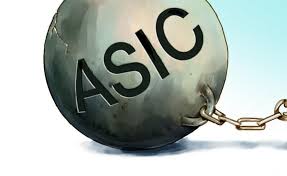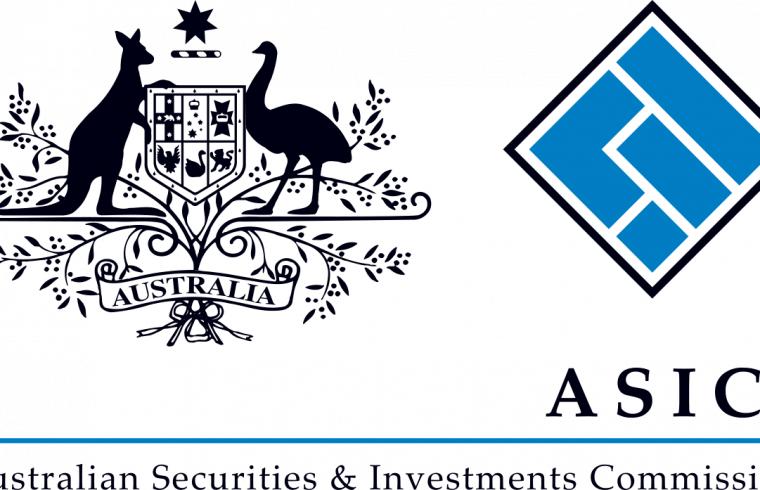 ASIC establishes a national expert group on young people and money. This week, the Organisation for Economic Co-operation and Development (OECD) released the 2018 Programme for International Student Assessment (PISA) financial literacy results.
ASIC establishes a national expert group on young people and money. This week, the Organisation for Economic Co-operation and Development (OECD) released the 2018 Programme for International Student Assessment (PISA) financial literacy results.
The survey measures how well 15-year-olds understand commonly used financial concepts and how capable they are at solving routine problems in financial contexts.
In 2018, Australian students performed above the OECD average and Australia ranked fifth out of the 20 participating countries. While these results are positive, it is more important than ever that young Australians have the skills to manage money and plan for the future.
Young people are learning about money at school and financial education is embedded in the Australian Curriculum. While schools will continue to play a meaningful role in delivering financial education, lessons young Australians learn outside of the school environment are even more important in shaping the behaviours that contribute to their financial wellbeing.
In 2020, ASIC will establish a national expert group on youth financial wellbeing to help identify the most relevant and significant issues impacting young people’s financial lives and shape work in this area.
Young Australians are active consumers – they are setting savings goals, shopping online, using debit cards and making payments with their phones. They also deal with complex financial decisions around leaving school, pursuing further education, employment, moving out of home and forming relationships.
It is imperative that the national expert group understand the perspectives of young people and for this reason its membership will include youth representatives along with representation from relevant public and private organisations.
Learning early in life how to manage money, save and plan for the future and make informed decisions, enables young people to be in control of their financial lives.












